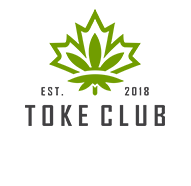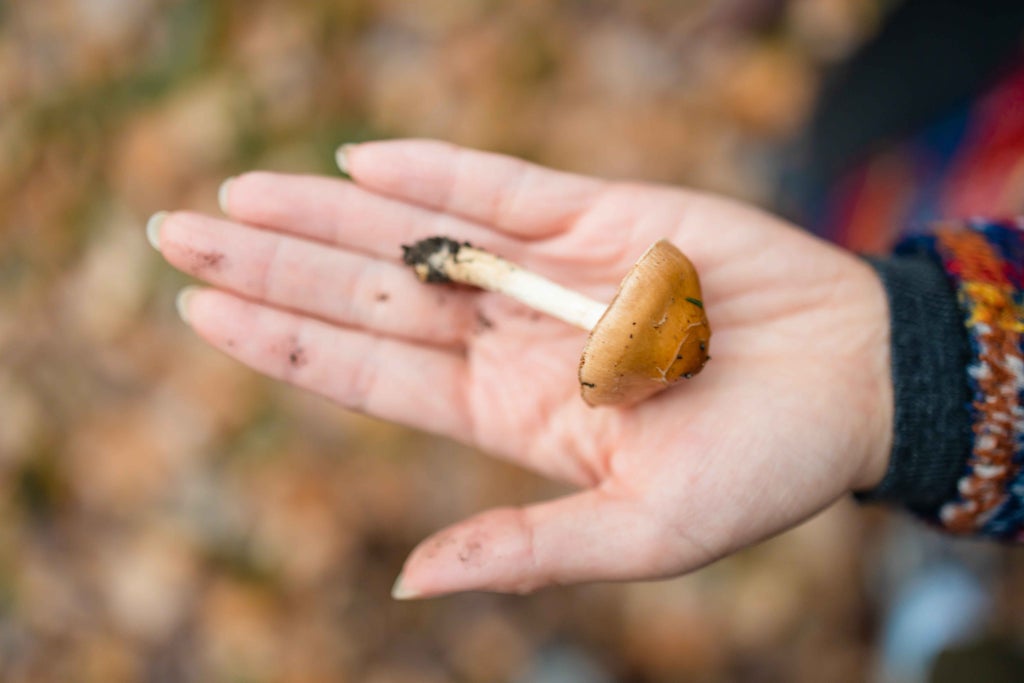Uncategorized
The History of Magic Mushrooms
Magic mushrooms, known scientifically as psilocybin mushrooms, have a storied history that spans thousands of years and multiple continents. Revered for their psychoactive properties, these fungi have been used for spiritual, medicinal, and recreational purposes by various cultures. In this blog post, we will explore the fascinating journey of magic mushrooms from ancient rituals to modern scientific research and their evolving place in contemporary society.
Ancient Beginnings
The use of magic mushrooms can be traced back to prehistoric times, with evidence suggesting their consumption in religious and shamanic rituals. Ancient rock art in the Sahara Desert, dating back over 7,000 years, depicts figures holding mushrooms, indicating their significance in early human cultures. Similarly, Mesoamerican civilizations such as the Aztecs and the Mayans used psilocybin mushrooms, which they called “teonanácatl” or “flesh of the gods,” in religious ceremonies to commune with deities and gain spiritual insights.
Mesoamerican Rituals
In pre-Columbian Mexico, magic mushrooms played a central role in indigenous religious practices. The Aztecs and other Mesoamerican cultures believed that consuming these mushrooms allowed them to communicate with the divine and understand the cosmos. Spanish conquistadors and missionaries documented these practices in the 16th century, though they often viewed them through a lens of cultural superiority and sought to suppress their use.
Reintroduction to the West
The modern reintroduction of magic mushrooms to Western consciousness can be credited to R. Gordon Wasson, a mycologist and ethnobotanist. In 1957, Wasson published an article in “Life” magazine detailing his experiences with psilocybin mushrooms during a ceremony with the Mazatec people in Mexico. This article ignited widespread interest in psychedelics and led to further exploration by scientists and psychonauts alike.
Scientific Exploration
The 1960s marked a period of significant scientific interest in psilocybin and other psychedelics. Researchers, including Timothy Leary and Richard Alpert (later known as Ram Dass), conducted studies on the therapeutic potential of these substances. Psilocybin was investigated for its effects on consciousness, creativity, and its potential to treat mental health disorders such as depression and anxiety. However, the counterculture movement and the subsequent crackdown on psychedelic substances in the late 1960s led to the criminalization and stigmatization of magic mushrooms.
Modern Renaissance
In recent years, there has been a resurgence of interest in the therapeutic potential of psilocybin. Modern studies have shown promising results in treating conditions like depression, PTSD, and addiction. Notably, institutions like Johns Hopkins University and Imperial College London have conducted rigorous clinical trials demonstrating the efficacy of psilocybin-assisted therapy. This research has led to a reevaluation of psychedelic substances, with some regions decriminalizing or legalizing their use for medical and spiritual purposes.
Cultural Impact
Magic mushrooms have also permeated popular culture, influencing art, music, and literature. The 1960s counterculture embraced psychedelics as tools for expanding consciousness and fostering creativity. Today, the imagery and themes associated with magic mushrooms can be seen in various forms of media, symbolizing exploration and altered states of mind.
Legal Status and Future Prospects
The legal status of psilocybin mushrooms varies worldwide. In some places, such as the Netherlands and Jamaica, they are legal or decriminalized, allowing for open use and research. In the United States, a growing number of cities and states are moving towards decriminalization or medical legalization. This shift reflects a broader acceptance of the potential benefits of psilocybin and other psychedelics.
The history of magic mushrooms is a rich tapestry of ancient traditions, scientific exploration, and cultural evolution. From their sacred use in Mesoamerican rituals to their current role in mental health treatment, psilocybin mushrooms have profoundly impacted human society. As research continues and societal attitudes shift, magic mushrooms may once again be embraced for their potential to heal and transform.

